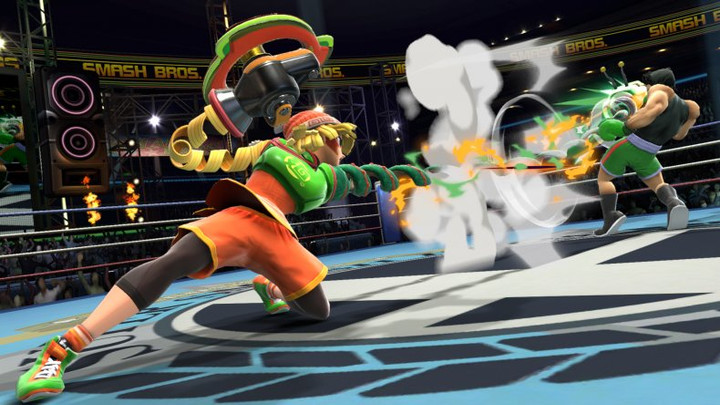If you’ve felt in any way connected to the fighting game community, the sheer number of allegations against renowned players and casters likely came as an alarming and disheartening punch to the gullet.
It should do too. While it’s important to acknowledge many remain allegations at this point, it’s clear from those who have admitted to actual crimes, severe wrongdoing has gone unchecked within a community which should be a safe, welcoming space for everyone.
Similar stories have unravelled in recent weeks across the gaming industry, but recent allegations have largely centered on Super Smash Bros. players and community members - ranging from sexual harassment, misconduct involving minors and paedophilia.
The severity of the allegations even prompted Nintendo to release a statement condemning the “impermissible” actions - a company who have always shown reluctance to support, and even acknowledge, the esports scene in any meaningful way.
- Read more: NRG Esports severs ties with Nairo after claims of sexual relationship with underage player
It has plunged the Smash community’s already shaky reputation (crab throw attacks) into darker, repulsive territory. Many have also questioned if this spells doom for the competitive scene altogether, which while overlooking its popularity as the biggest fighting game in the world, does spotlight the huge, justified concerns many young players might have about joining the scene moving forward.
Where does the Smash scene go from here? (Picture: Nintendo)
Nobody should tolerate the accused criminal actions, but at the same time, it’s important to remember these individual actions don’t represent the values of an entire community who love watching a video game. This isn’t an issue tied to any one subculture but, as the MeToo movement has highlighted over recent years, is part of a larger problem about the abuse of power from influential figures the world over.
Why this has proliferated particularly amongst Smash pro players is unclear (although the FGC generally is far less policed and established than other esports), but it’s dangerous to dogpile this issue around one community. Many of the serious, criminal allegations have now bizarrely blurred with top players admitting they’ve cheated in a past relationship, or confessions of very personal medical issues, which have been dragged into the public space from false allegations and threatening rumours.
The reckless freedom of social media allows this to happen, but it’s important we remember questionable behaviour is very different from criminal actions. While it’s integral we listen to those coming forward, they too have a responsibility over what should be confronted in a public space, to the police, and what should be a private matter.
- Read more: Nintendo issues statement over multiple sexual misconduct allegations in the Smash community
What’s most unsettling about this permeating into esports is how young the audience is. Super Smash Bros. Ultimate especially is a family-friendly fighting game, with viewers and tournament attendees attracting minors who idolise these top players. Fame among YouTube’s biggest stars, where apology videos have practically become a trope, already serve as a cautionary tale for sinking into the illusion of close connection to these online personalities - but it’s worth remembering for esports that nobody truly knows anyone from a crafted online presence.
This doesn’t excuse however the players and casters who have betrayed the trust of fans. While we should disconnect from the idea of top video game players as role models, it’s the responsibility of players to reinforce this message to their young audiences and call out behaviour to ensure tournaments are safe for everyone.
When I say "telling your followers not to attack someone" isn't enough, I mean we need to tackle and dismantle the issue of streamer/player idolization.
— RISH#652 (@rishissb) July 3, 2020
here's a clip of Leffen doing EXACTLY that: pic.twitter.com/dmExirWpHU
As someone who writes about the Smash scene regularly, I too have a responsibility to inform and scrutinise to ensure players and tournament organisers are taking necessary precautions moving forward. Nobody who loves playing or watching Super Smash Bros. should have to worry about their safety at an event, but it’s rightly going to be a long road before trust can be restored, and for the effects of this damaging week to subside.
But what can be done? It’s clear TO’s and players need to take more responsibility in safe-guarding minors from the party culture at these events, while also considering different venues away from hotels which have become frequent grounds for tournaments. Parent attendance for minors may also have to become compulsory, while safe official channels are put in place to allow attendees to raise concerns so they can be dealt with and addressed.
The fact these allegations have surfaced however should mark an overdue turning point of transparency within the Smash community. The actions of pro players, tournament organisers and fans moving forward, in the face of any future allegations, will dictate whether the scene will learn from these events, but it’s going to require a maturity and responsibility far beyond community generalisations and social media mud-slinging from everyone.

 No ads, our video library,
No ads, our video library,


